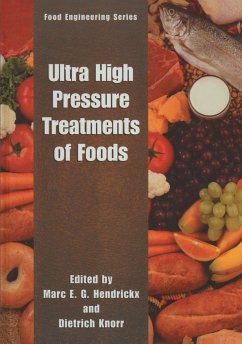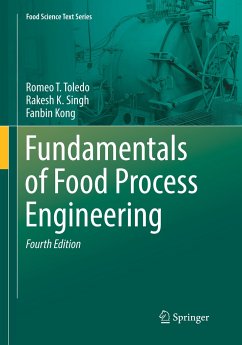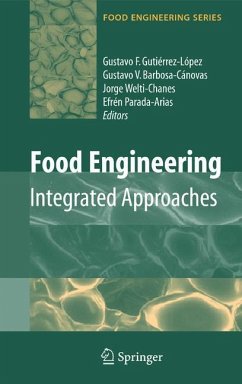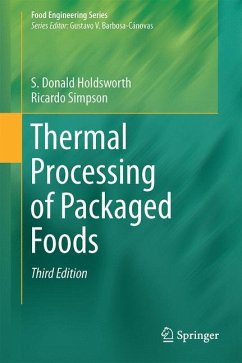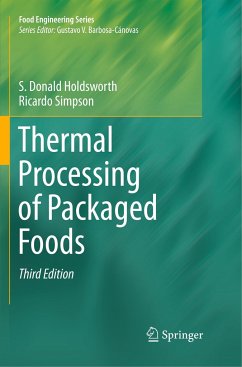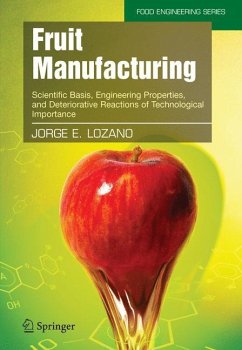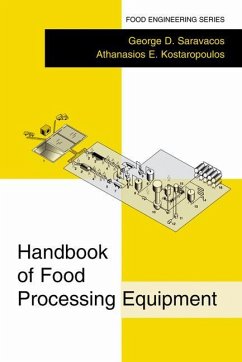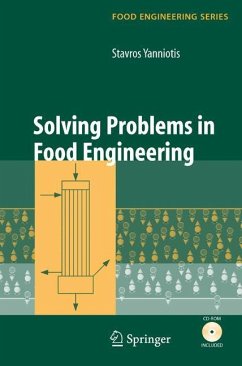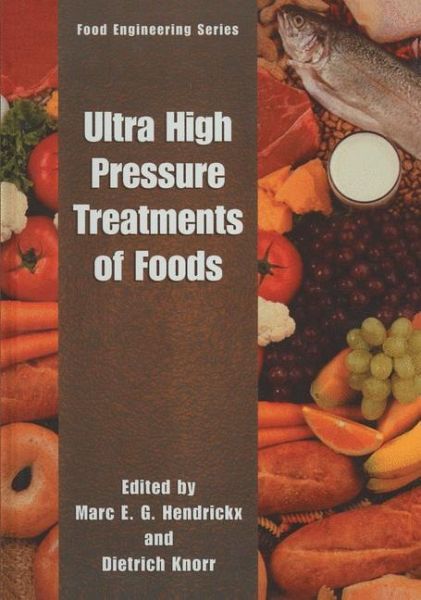
Ultra High Pressure Treatment of Foods

PAYBACK Punkte
57 °P sammeln!
During the past decade, consumer demand for convenient, fresh-like, safe, high-quality food products has grown. The food industry has responded by applying a number of new technologies including high hydrostatic pressure for food processing and preservation. In addition, food scientists have demonstrated the feasibility of industrial-scale high pressure processing. This technology is of specific interest to the food industry because it provides an attractive alternative to conventional methods of thermal processing, which often produce undesirable changes in foods and hamper the balance betwee...
During the past decade, consumer demand for convenient, fresh-like, safe, high-quality food products has grown. The food industry has responded by applying a number of new technologies including high hydrostatic pressure for food processing and preservation. In addition, food scientists have demonstrated the feasibility of industrial-scale high pressure processing. This technology is of specific interest to the food industry because it provides an attractive alternative to conventional methods of thermal processing, which often produce undesirable changes in foods and hamper the balance between high quality (color, flavor, and functionality) and safety. In addition, it offers opportunities for creating new ingredients and products because of the specific actions of high pressure on bio logical materials and food constituents. It allows food scientists to redesign exist ing processes and to create entirely new ones using high pressure technology alone or in combination with conventional processes (e. g. , pressure-temperature combinations ). Researchers have investigated high pressure processing for the past century. Scientists such as Hite and Bridgman did pioneering work at the turn of the 20th century. Then during the 1980s and 1990s, there was a large effort to investigate the effects of high pressure on biological materials, particularly foods. The initial research activities in the late 1980s and early 1990s focused on exploratory activ ities in the food area.





